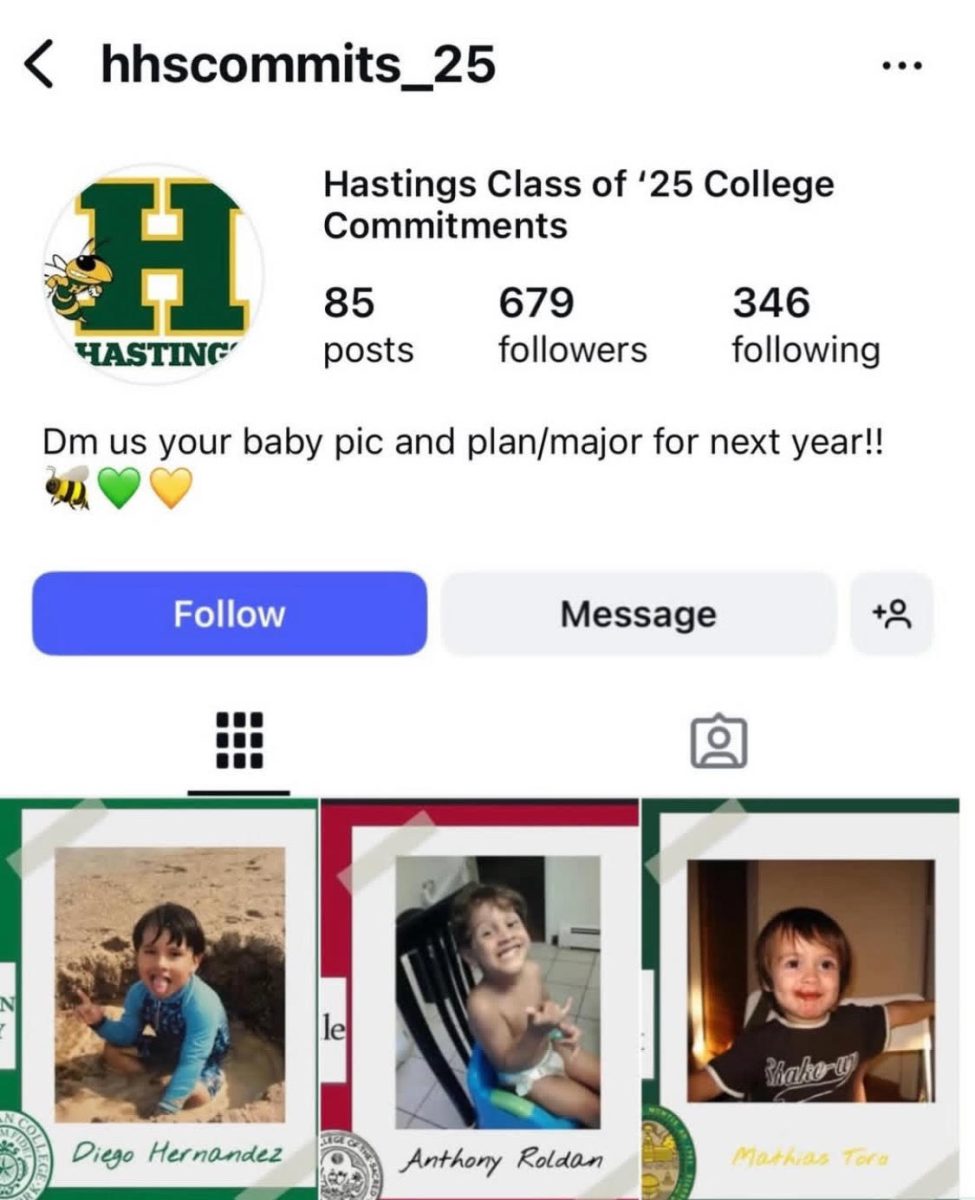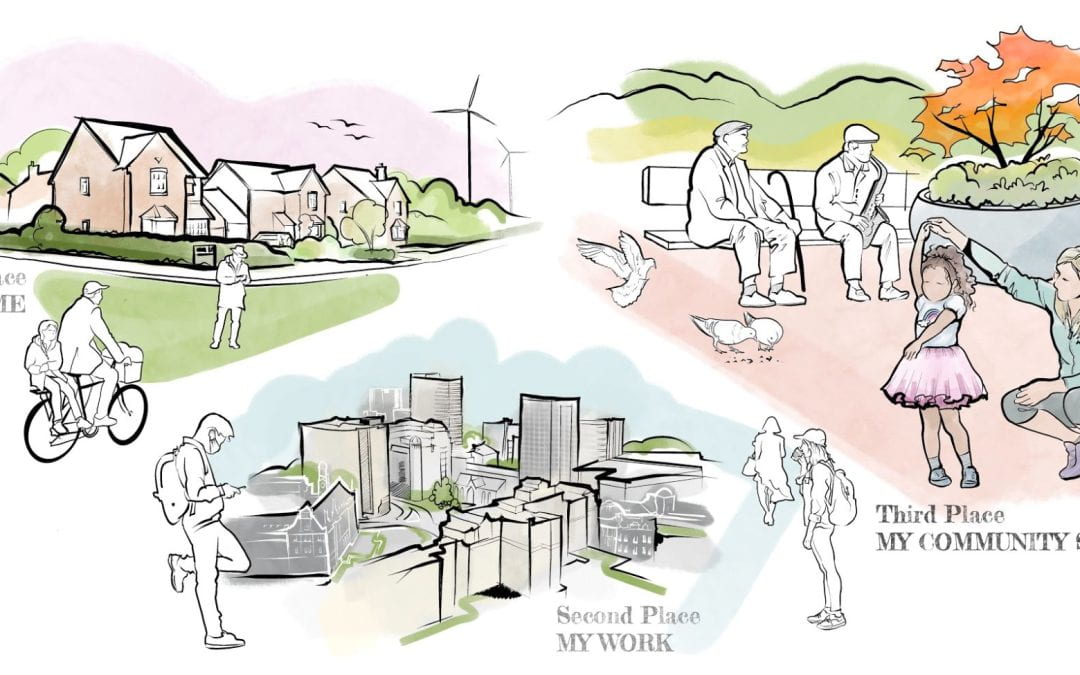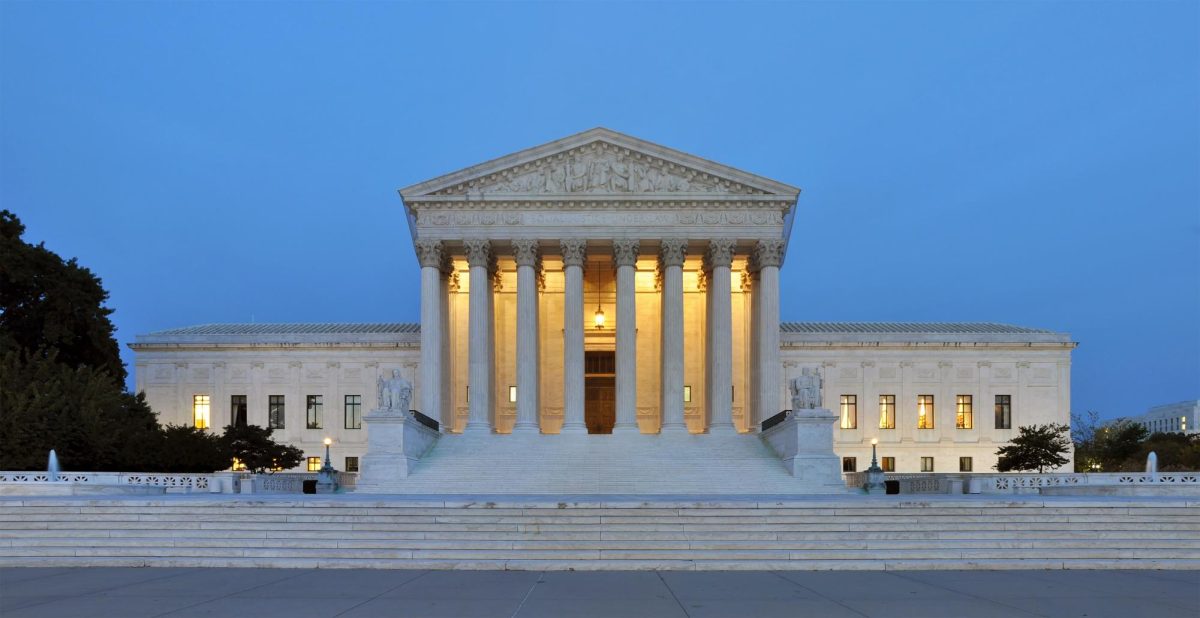The issue of affirmative action is expansive and highly debated, even among those who have similar political leanings. Recently, the SCOTUS cases Students for Fair Admissions v. President and Fellows of Harvard and Students for Fair Admissions v. University of North Carolina addressed affirmative action on a national level. The question brought before the court was whether the affirmative action policies in use by the universities were compliant with the Equal Protection Clause of the Fourteenth Amendment, which states that “No State shall make or enforce any law which shall abridge the privileges or immunities of citizens of the United States; nor shall any State deprive any person of life, liberty, or property, without due process of law; nor deny to any person within its jurisdiction the equal protection of the laws.”
The decision, released on June 29, 2023, limited the ability of colleges to use affirmative action in their application process. According to SCOTUSBlog, “the justices ruled that the admissions programs used by the University of North Carolina and Harvard College violate the Constitution’s equal protection clause, which bars racial discrimination by government entities.”
In the decision, Chief Justice John Roberts explained that colleges and universities can consider race only in relation to how it influenced an applicant’s character in a way that would impact the institution.
Although not explicitly stated, the decision effectively overruled the 2003 Grutter v. Bollinger decision, that SCOTUSBlog explained as a case “in which the court upheld the University of Michigan Law School’s consideration of race ‘as one factor among many, in an effort to assemble a student body that is diverse in ways broader than race.’”
According to the American Civil Liberties Union, “race-conscious admissions practices allow universities to consider a student’s race as one factor in the admissions process in order to help create a diverse student body that enriches the educational experiences of all students.” The ACLU post further explained that affirmative action policies “aim to address racial discrimination by recognizing and responding to the structural barriers that have denied underrepresented students access to higher education.”
Affirmative action is a method often used to achieve greater diversity in institutions. A survey sent out to all Hastings High School juniors and seniors in December 2023 attempted to understand the students’ perspectives on the importance of diversity in universities. Not many responses were received, which can possibly be an indicator of how hesitant people are to talk about diversity and affirmative action.
Most participants responded that they value having a diverse student body, with 71.5% of participants saying that, on a scale from one to five, diversity is either four or five out of five in importance to them. The survey did not define diversity, and later answers to free-response questions in the survey disclosed that participants valued many types of diversity, including diversity in religion, race, and socio-economics.
As the college application process is wrapping up for the current HHS seniors and beginning for juniors, it is worth reflecting on how the most recent affirmative action SCOTUS decision has impacted the physical application that students fill out.
Nothing changed about the Common App application for the class of 2024, as it continued to collect optional data on applicants’ race and ethnicity. However, colleges receiving that information could choose to hide it from application PDF files when considering applicants. The Common App website states that “Common App will continue to use student race and ethnicity responses for statistical and research purposes and to provide insights into the national conversation on equity in college admissions.”
Ms. Shaw, a guidance counselor at HHS, explained that although students may choose to disclose their race and ethnicity on the Common App application, along with other demographics such as legal sex, there is no telling as to how individual colleges and universities use that information. According to the Common App website, the data is most likely collected for “state and federal reporting, institutional metrics, and other business purposes.”
Although the most recent SCOTUS cases did not change the Common App questions for the high school class of 2024, that does not mean that there will be no future changes. In an interview, HHS guidance counselor Ms. Shaw explained that Common App typically sends out an email to guidance counselors in the spring, notifying them of any changes to the application questions for the upcoming year. So, if there are any updates to the demographic information collected from the class of 2025, it will most likely be announced this spring.
Additionally, Ms. Shaw emphasized the importance of supplementary essays when it comes to students highlighting factors that the application may not specifically ask about. She gave the example of being the only girl in a physics class, and how that may provide colleges with increased insight into the character of the applicant.
Ms. Shaw also spoke of how, with potential changes to the application, recommendation letters may serve more of a purpose to give the full picture of who the applicant is. She called this “advocacy for students,” and mentioned that “if [applications] aren’t going to ask, I’ll give them more information” in recommendation letters.



















